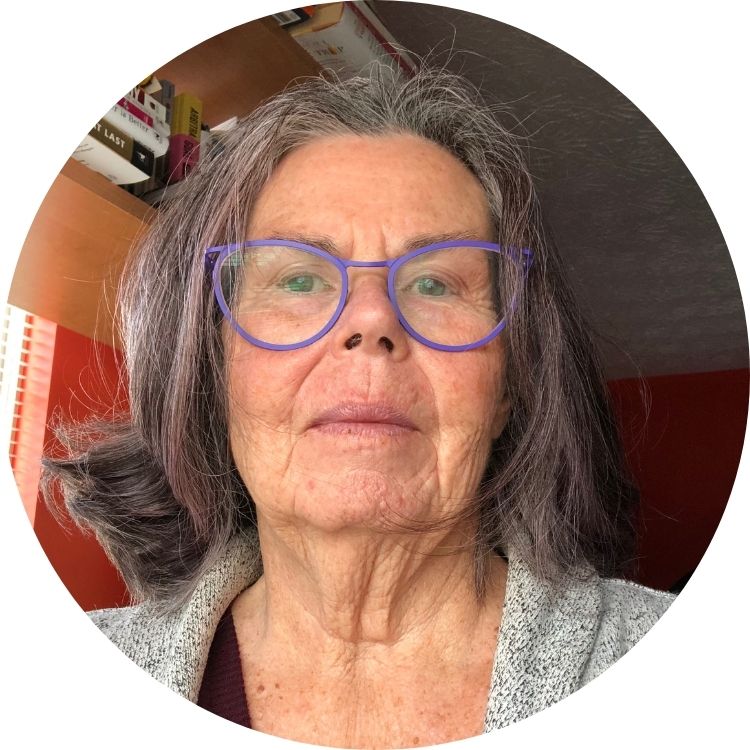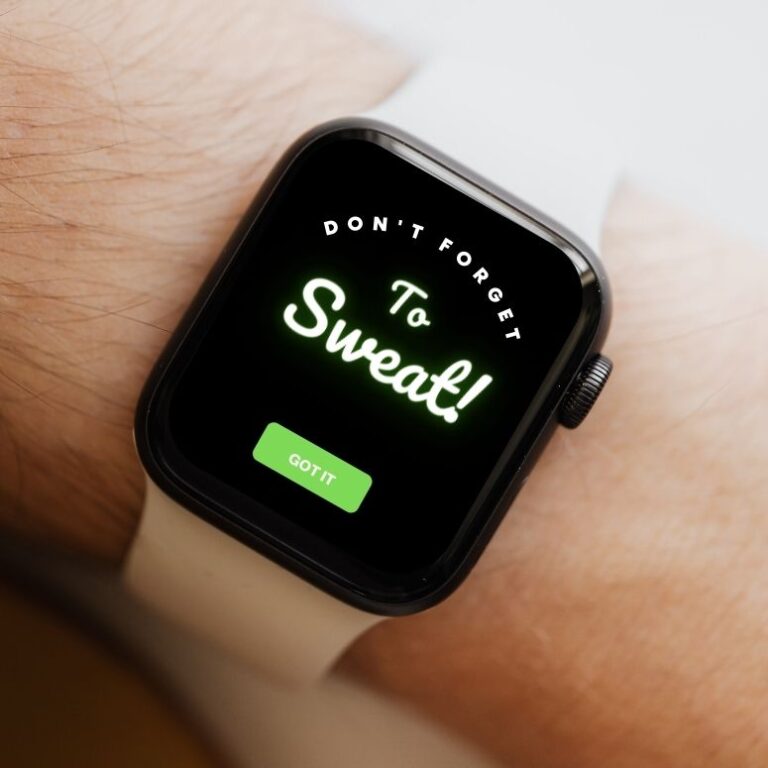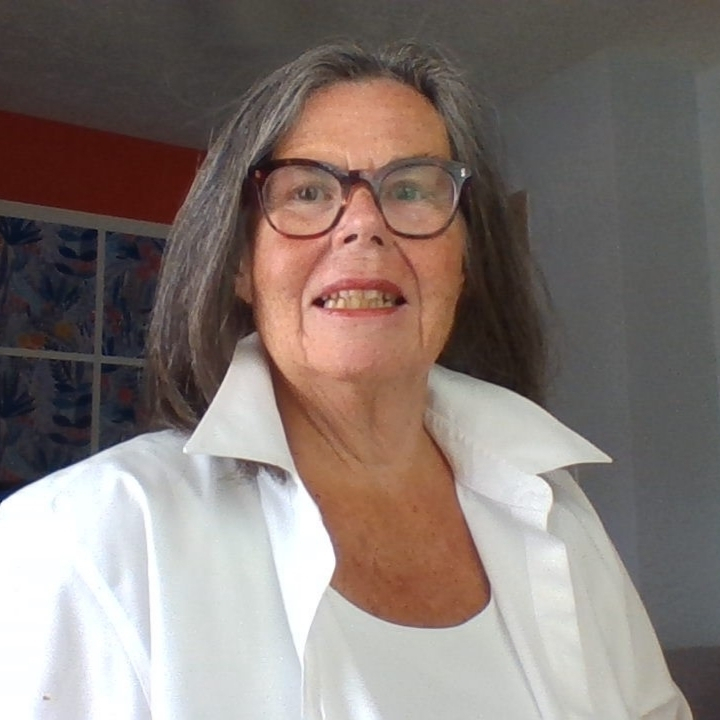“If You Always Do What You’ve Always Done, You’ll Get What You’ve Always Gotten.”
This quote, often attributed to Henry Ford, may be true for many things. With physical function, fitness for daily activities, and well-being as we age, I’m afraid it’s false.
Much of the longevity we’re enjoying is because of science’s ability to reduce untimely death with cleanliness, vaccines, antibiotics and other medical interventions.
Add to that the reduction in workplace and farm injury deaths.
Science has yet to figure out how to stop the aging process itself. Our bodies do become less resilient. Our ability to recover diminishes. If you are still doing the same exercise routine, you started when you were 50, you may not be as fit as you were at 50. You may have noticed how the workout takes longer or how it feels if you miss a couple of days.
I know I’m not as fit as I was at 50. I haven’t been very consistent over the last twenty years. The result is I’m not as fast or as agile as I was then.
I know this because I have random examples of measurement over the years. In my early 60s I trained and completed in a 10K walking marathon. My time for that event was 16.3 minutes per mile over the 6 plus miles of a 10K.
Fast forward ten years and the best time I’ve tracked in the MapMyWalk app is an 18.5 minute mile. I’m still using the same routes and I’m not getting the same results. Even when I walk consistently as fast as I can over a 4 mile route, for several days or a couple of weeks, I don’t get the same result I did ten years ago.
My interest in longevity started in my twenties when I declared I planned to live to be at least 100 years old and live them well.
In my fifties, I got serious about what it might take to be independent, cognitively able and living a good life on my own until I became a centenarian.
“Younger Next Year”
Someone recommended I read “Younger Next Year” by Chris Crowley and Henry S. Logan, M.D. Early in the text Chris shared one fundamental rule to adopt for all your life after 50, “Exercise six days a week for the rest of your life.” He wasn’t just talking about a stroll around the block every day, he was talking about exercising hard, working up a sweat, six days a week until you die!
In fact, Chris and Henry recommend thinking of exercise as your new job when you retire. There’s a claim in the book that 20 years after the publication date in 2004, not exercising hard six days a week would rival smoking for its self-destructive effects. Almost 20 years later, the message is pretty clear and yet most people I know aren’t taking it seriously.
Chris and Henry provide the science behind the processes of decline and growth within our bodies and why hard exercise is so important if I’m serious about being independent when I’m 100.
I hear all the reasons why exercising hard just isn’t possible. Often I’m told about a pain or other infirmities. I know I’m blessed to be able to walk largely without pain. I can’t help but think with the help of their doctor or maybe a physical therapist, everyone of us could do more exercise than we think we can.
I didn’t retire until I turned 70 and I still don’t treat exercise like job one. It’s moving up on the priority list because I’m aware of the physical capacity I’ve lost. I’m still not back to the 16.3 minute mile.
Try Betting on Yourself
I live in Ohio and hate winter. Over the last year, I have been fairly consistent with my walking. I use an app called StepBet to help motivate me. You put money in and bet you’ll do a prescribed number of steps 6 days a week for 6 weeks. I hate to lose money, especially if I can help it. If you finish the bet, you get the original bet back. You also split the funds left behind by the players who didn’t finish the bet. For me, the average amount I win after a six week bet is $8.
The point for me is to have some skin in the game. You could create the same conditions with a friend.
The app has caused me to take up walking indoors with a YouTube video just to get the steps in. If it weren’t for the money I’d invested in the bet, I’d let myself skip walking too often.
Some of you may think you’re too old to get started or too old to exercise hard. Take a minute to reflect and consider why you’re thinking you’re too old.
Health and, more importantly, fitness is one area we need to re-examine when considering our old-ness.
Remember, we formed many of our beliefs and thoughts about exercise in our youth. If you’re a Boomer, it’s likely you never had an older adult in your life who talked about their fitness or exercised. To be fair, that’s because our parents’ lives were much more physical than our lives have been.
When I was in high school, the only adults I knew who exercised were the physical education teachers and coaches. My parents didn’t play sports. My friend’s parents weren’t exercising. My grandparents weren’t.
I didn’t change my own thoughts about the importance of regular physical exercise until I read more and more headlines about its importance and reread “Younger Next Year.”
I think of regular sweat inducing exercise as the way to age as slowly as possible rather than turning back the clock.
If you’ve been ignoring the headlines about exercising to improve the quality of your long life and not made it a priority, consider what’s possible. They say motivation comes from taking action more than thinking about taking action.
First, spend a little time observing the surrounding people. Are there any people who appear to be about your age and have more strength, flexibility, or endurance? The point is to notice not everyone is adapting to aging in the same way. Not everyone moves like your parents at your age. The more differences you notice, the easier it becomes to question your beliefs about what aging is supposed to be like.
Another practice is to pick a capacity you want to get better at — walking, balancing, getting out of a chair without using your arms, reaching above your head — any everyday activity where you already notice some decline or expect to decline. Carve out just five minutes each day for the next three weeks to do some sort of exercise to improve in that area. Just focus on one area of decline and invest some time to improve it. Pay attention to the results you see and feel and build on those.
You owe it to your future self to invest in your physical capacity today to preserve what you can do for tomorrow.



